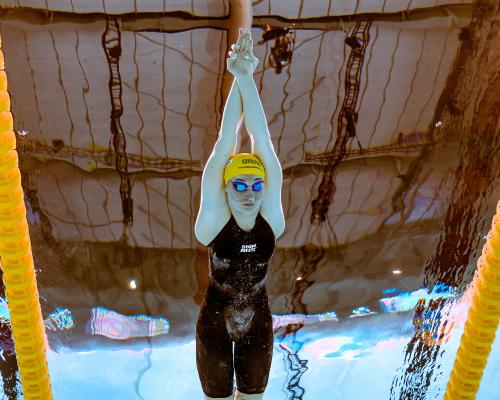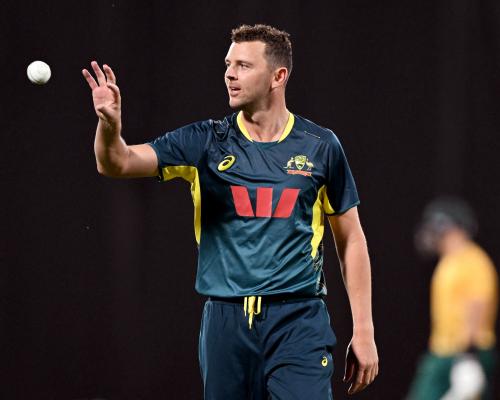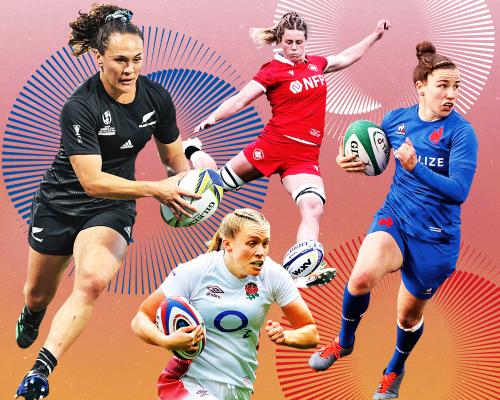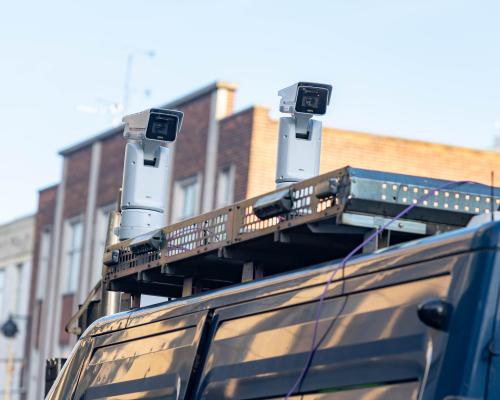
Australia’s golden generation in the pool is going nowhere. That much, at least, was clear in Singapore over the past week, as the Dolphins ended the 2025 world championships on eight gold medals, just one shy of perennial rivals the United States. With some swimmers only recently back in the water following a post-Olympics break – Ariarne Titmus participated from the commentary box rather than the pool – and a bout of food poisoning derailing some athletes, it was an impressive outing from the Dolphins.
Two swimmers were at the forefront, responsible in whole or in part for five of Australia’s eight gold medals – Mollie O’Callaghan and Kaylee McKeown. O’Callaghan, still only 21, went level with Australian swimming great Ian Thorpe on 11 world titles, thanks to two relay golds (the women’s 4x100m and 4x200m freestyle), and an individual title in the 200m freestyle, plus two silver medals.
After winning two Olympic gold medals as a relay heat swimmer in Tokyo, O’Callaghan had dominant showings at the 2022 and 2023 world titles, before winning three golds in Paris. With five Olympic gold medals to her name, O’Callaghan is already level with Thorpe and McKeown, and only one behind Emma McKeon, Australia’s most successful Olympian ever. With several more world championships ahead, and her eyes set on the Los Angeles Olympics in 2028 and possibly even a home Olympics in Brisbane in seven years’ time, O’Callaghan is almost certain to become Australia’s most successful swimmer of all time.
McKeown, meanwhile, won both the women’s 100m and 200m backstroke after seeing off long-time American rival Regan Smith. The Queenslander won both events in Tokyo, Paris and at the 2023 world titles. McKeown has been the undisputed backstroke queen for half a decade now; she is arguably the best backstroke swimmer of all time. And she might have even won more gold in Singapore, had McKeown not been a late withdrawal from the 50m backstroke.
With 10 individual gold medals across Olympic Games and world titles, McKeown is now the most successful Australian swimmer in individual events – ahead of Thorpe and Grant Hackett on nine apiece. Titmus and O’Callaghan each have five. All of those victories have been battles to the end – in part, what makes McKeown’s success so remarkable is that it has come against such close competition, and yet the Australian has so consistently come out on top. As InsightLane pointed out on X, the aggregate margin of victory across those 10 gold medals is just 4.41 seconds – or less time than it took to read this sentence. Time and again, in those clutch moments, McKeown has had the edge.
O’Callaghan and McKeown were not the only Australians to shine in Singapore, whether individually or collectively. The Dolphins’ relay depth was apparent, as they won three golds, one silver and one bronze medal across the disciplines. However, a failure to qualify for the final of the mixed 4x100m freestyle relay – having won gold in both the men’s and women’s – was unfortunate, while the Australian men did not progress through the heats of their medley relay.
Australia’s dominance in freestyle sprint events was also underscored – team veteran Cameron McEvoy won the men’s 50m freestyle, to add to his Paris Olympics crown, while on Sunday night Meg Harris won the women’s edition. O’Callaghan won silver in the 100m freestyle, narrowly out-touched by Dutchwoman Marrit Steenbergen, while sprint supremo Kyle Chalmers won bronze in the men’s two-lap freestyle.
There were also several breakthrough performances. Lani Pallister surged to silver in the women’s 800m freestyle, almost upsetting American legend Katie Ledecky and beating Canada’s Summer McIntosh to second; the 23-year-old Australian also won bronze in the women’s 1500m. Harrison Turner won bronze – “dirty gold,” in his words – to claim Australia’s first world championships medal in the men’s 200m butterfly, while Jenna Forrester had a return to form to win silver in the women’s 400m individual medley. Alex Perkins was on the podium in both the women’s 50m and 100m butterfly, while Lizzy Dekkers won bronze in the 200m edition.
Even the bad news – a bout of apparent food poisoning, which had first taken down several American swimmers and then reached the Australian camp – had a silver lining. Sam Short was 0.02 seconds off a gold medal in the men’s 400m freestyle on the opening night of the meet, before looking in ominous form in the 800m heats.
The law student was then forced out of the final with illness, but recovered to swim a gutsy fourth in the 1500m on the final night. The Queenslander had made lunch plans with his parents – so convinced he wouldn’t qualify for the 1500m finals after his illness – but had to cancel following a late surge. It is the second unfortunate major meet in a row for Short, who had a disappointing showing in Paris, but the 21-year-old has time on his side.
Three years remain until the 2028 Olympics, and much can happen in that space of time. Success at these world titles is no guarantee of future glory. But after a year to decompress and regroup following the highs of Paris, the Singapore meet offered much promise for the Dolphins. “There are a lot of great takeaways,” head coach Rohan Taylor said on Sunday. This truly is a golden generation for Australian swimming.



